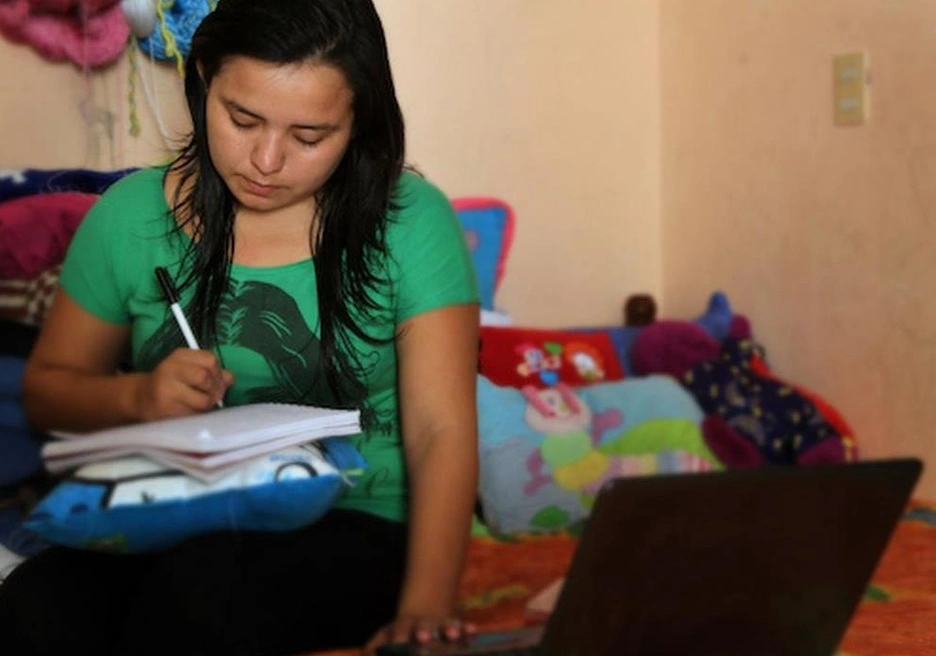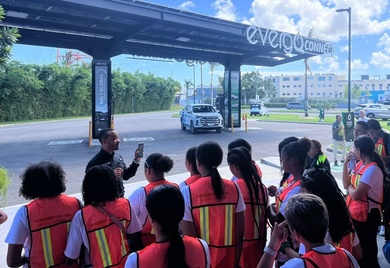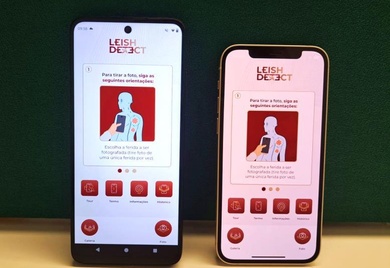MOOCs: The region's next big thing?

[caption id="attachment_620" align="alignright" width="300"] Improving worker preparation and training for private tourism companies in Mexico[/caption]
Improving worker preparation and training for private tourism companies in Mexico[/caption]
The number of MOOCs has mushroomed, according to the MOOC List. Udacity followed the 2011 offering of Stanford University – an early MOOC that reached 160,000 students. NovoEd focuses on the interaction among students, promoting the creation of global teams to work on projects. MOOC Campus claims a holistic approach. EdX includes courses from Harvard, MIT, Berkley, etc. Coursera touts over 6 million users, many of whom are from the region with 600 courses from 108 partner universities. Most top universities now also offer MOOCs directly.
MOOCs are rapidly growing in Latin America and the Caribbean (LAC), too. LAC represents about 10% of the 1.3 million people on the edX platform, coming from Brazil, Mexico, Haiti, Belize, and Uruguay.
There are questions of quality. Are MOOCs the YouTube of learning? Some content comes from accredited universities, where students won’t receive college credit, but do get certificates for completing courses. However, not all MOOC content comes from accredited sources. Some MOOC sites or providers try to assure quality, but not all courses or affiliated course support like chatrooms and other tools have quality control. Nevertheless, several countries in LAC don’t have national university accreditation systems, so students accessing MOOCs from top international schools arguably could be receiving better certified quality via MOOCs than what is offered locally.
In a recent Bett Show seminar, we discussed how MOOCs are transforming the way we learn as technology has changed the way we function. Twenty years ago if, for example, your camera wasn’t working, one would probably take it to the shop. Today, many trouble-shoot by searching Google or YouTube for how to fix it themselves. Similarly, if someone at work suddenly needs to understand transfer pricing, they can take a MOOC on that. If a farmer encounters an unknown ailment affecting crops, a MOOC may be able to teach “do it yourself” diagnosis to save money. If an entrepreneur is trying to figure something out, a MOOC could help. Like searching online help for fixing your camera, there is no guarantee, but it is a tool to a solution.
There are also many questions of what universities should do in the face of MOOCs. While learning via MOOCs can be a great tool, in many countries in LAC and in many fields, a degree still has great value or is needed for higher-paying employment. However, there appears to be many opportunities for universities to incorporate MOOC platforms into their curriculum. In July 2013, São Paulo University launched the first MOOC in Latin America. Many other universities in LAC are rumored to be working on rolling out their own MOOCs.
Thanks to MOOCs, the farmers, entrepreneurs and other actors in the region’s private sector will have access to the latest information and trends from leading professors. Do you have any examples of how MOOCs have impacted the private sector in your country?
LIKE WHAT YOU JUST READ?
Subscribe to our mailing list to stay informed on the latest IDB Invest news, blog posts, upcoming events, and to learn more about specific areas of interest.
Subscribe



